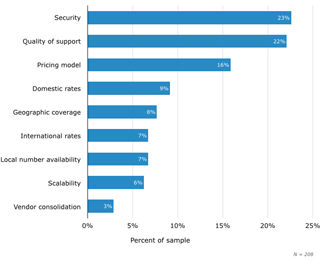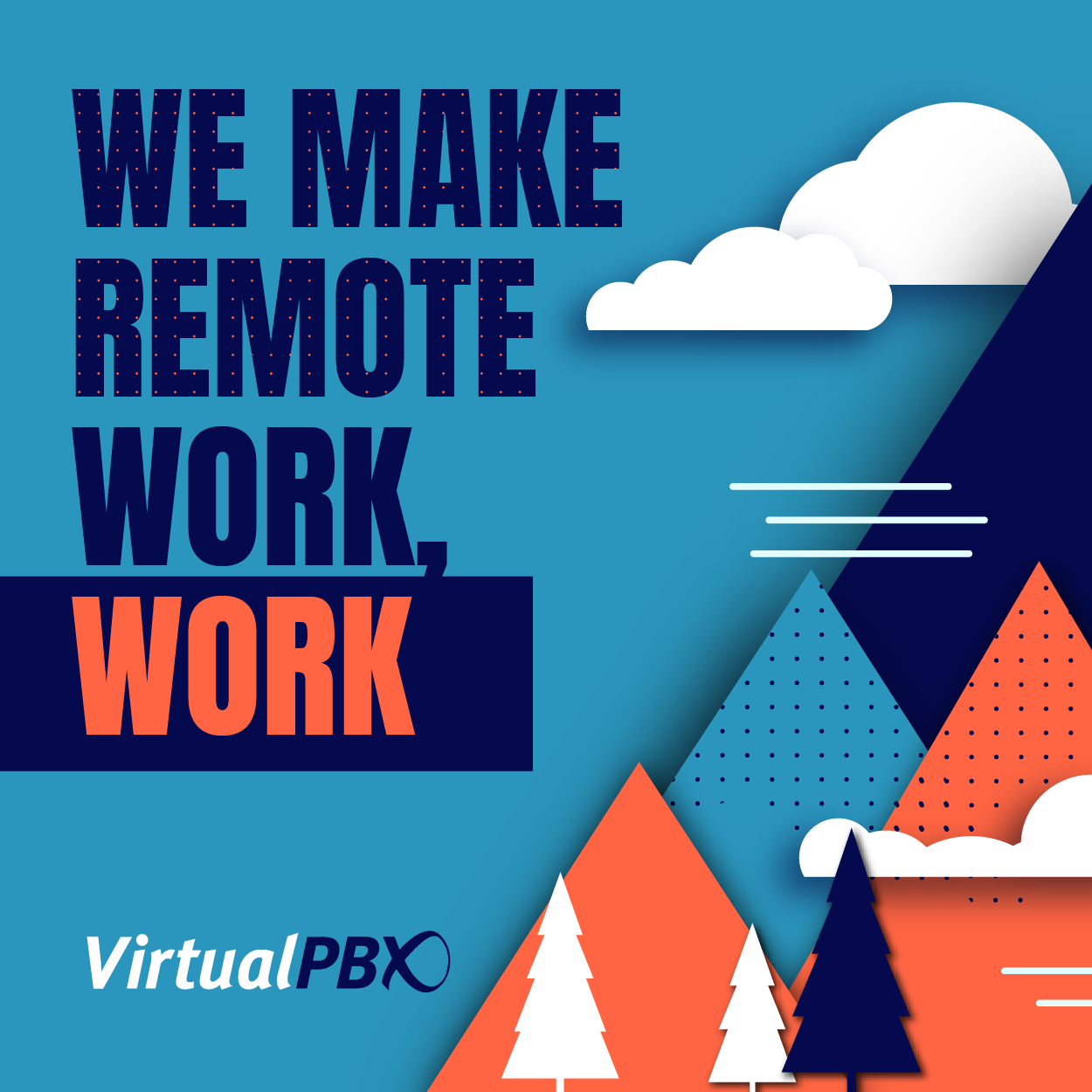 The Answer is in the Cloud
The Answer is in the Cloud
Session Initiation Protocol (SIP) trunking is one of the essential technologies required to make Voice Over Internet Protocol (VoIP), virtual reproductions of the physical switches and routers of the telephone service from yesteryear, possible. The technology isn’t new, but lately it has been experiencing a dramatic increase in adoption.
Virtually all of the big, original telephone companies have been doing everything from changing their pricing models to beginning to invest in their own VoIP infrastructure as more of their customers are cutting the cables to switch to an online telephone option. When there is that much at stake for telecom companies who are scrambling to catch up, though, there is bound to be a lot of noise.
Thankfully, the folks over at Software Advice, the online software research and recommendation engine, took it upon themselves to conduct a little research on the topic but with the people who have the most to lose by falling victim to marketing smoke and mirrors; specifically the IT professionals who have to install and maintain these systems.
SMB’s Lead the Way
In Software Advice’s most recent study of over 200 companies on SIP trunking and VoIP, they noted that, among other key findings, small and medium businesses are outpacing their larger counterparts in adopting cloud-based telephone service. This is partly due to the relative affordability of virtual phone systems for enterprise, but also because more often than not, smaller companies tend to have less interference between IT and management, and often times they are one and the same.
“Organizations with knowledgeable IT decision-makers who guide purchasing decisions have adopted SIP trunking at a much higher rate than most enterprises.” Said Daniel Harris, Market Research Analyst at Software Advice and author of the study.
One thing to note with this in mind is that taking a look at the performance, simplicity, and affordability of a telephone system with direct input from the IT professionals who will service it, should be paramount.

Sound quality remains important, but security has taken the top spot
Or rather, people’s concern over security is on the rise. Likely in part to many of the high-profile corporate security failures in the news lately, the security of information transmitted across virtual phone networks is of increasing importance to users. In fact, for the first time, security was cited at the number one contributing reason why an IT provider selected their service claiming the primary response for 23% of those surveyed.
Not surprisingly, though, Quality/Clarity of Service and Favorable Pricing continue to round out the top three responses. Predictably, though, pricing is actually on the decline in importance here, which could indicate a more common expectation that any VoIP option should be more affordable than a traditional, physical phone system.

Satisfaction abounds with modern SIP Trunking
One of the most misplaced concerns in the conversation of whether a company should switch to VoIP or not is over the quality of the sound sent and received thereon. As indicated above, it is still very much a concern, however, even though the staggering majority of users report little to no problems.
“When VoIP technology was emerging, audio quality issues were quite frequent. Moreover, users of “free” VoIP solutions such as Skype still experience audio quality issues at a significant rate,” continued Harris.
Fortunately, all of that seems to have changed for good. Over 90% of respondents were satisfied with their voice clarity with SIP trunking and VoIP. Furthermore, only one person reported even a, “minimal dissatisfaction,” with their call clarity.
Trending Upward
As more and more small businesses are getting stellar call quality that is secure and financially well within their means, larger firms are going to have to begin considering the same changes. It isn’t uncommon for the scrappy underdogs of the business world to be the leaders of change, and disruptive technologies like virtual telephone service are threats to both the larger telecom companies who charge more for physical wiring and switches and to larger enterprises that can afford to buy them.
By adopting technologies like VoIP that are nimble, reactive, and that positively impact the bottom line by easing operating margins, companies of any size can benefit handsomely. Have you given VoIP a try yet? If not, here are some resources for you to help determine if it is right for you:






